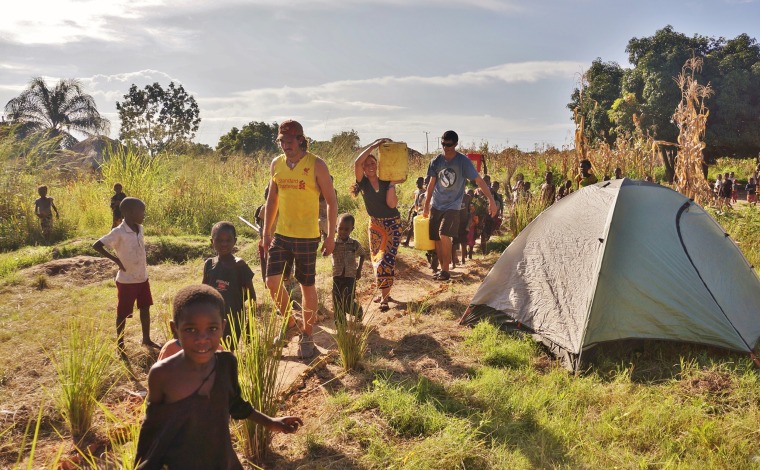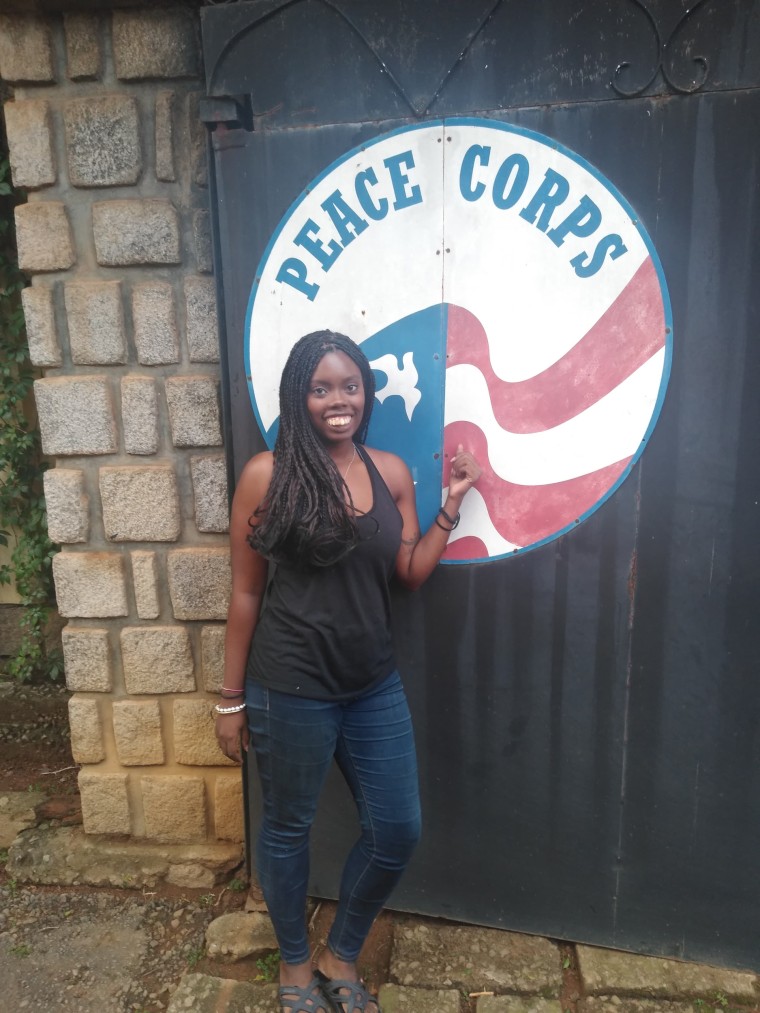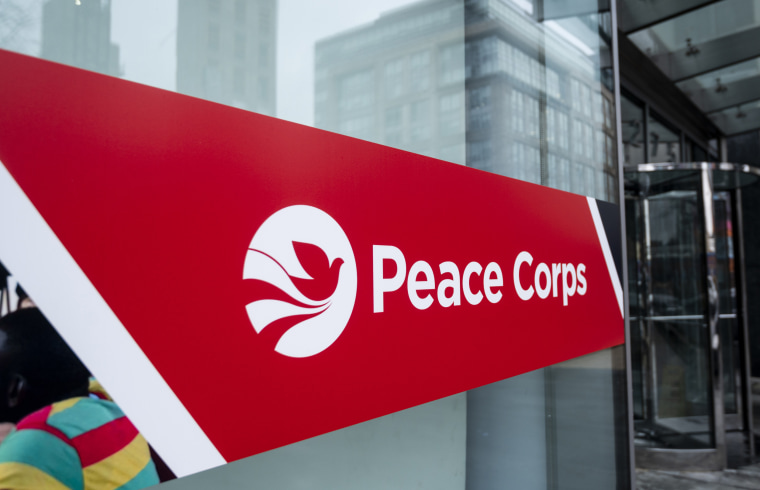The Peace Corps will begin redeploying its volunteers later this month after suspending all operations and evacuating its 7,000 member force from more than 60 countries at the onset of the Covid-19 pandemic — a first in the organization’s history.
Nearly two years later, Peace Corps volunteers will re-enter service in a phased approach, with Zambia and the Dominican Republic receiving the first cohorts, including new and previously evacuated volunteers, Peace Corps CEO Carol Spahn said in prepared remarks Thursday.
The organization is actively recruiting applicants for 24 countries, which must clear a final approval check a month before receiving volunteers, she said. In addition to their primary assignments, all volunteers will be involved in Covid response and recovery in each host country.

“In the ’60s and ’70s, it was smallpox vaccination; in the ’80s, Guinea worm eradication; since the early ’90s, malaria and HIV prevention. And now, we are gearing up to respond to Covid-19,” Spahn said, adding that the incoming “Covid crusaders” will be a part of history.
“We are part of these efforts at the last mile, reaching some of the most isolated and vulnerable populations.”
The step comes as the agency created by President John F. Kennedy to provide international social and economic development assistance marks its 61st anniversary this week. The organization, which has sent 240,000 Americans to serve in 124 countries, has received criticism from its own volunteers on issues ranging from diversity and equity to mental health support, subjects the Peace Corps says it will focus on as it rebrands and re-enters the global community.
During its hiatus, the Peace Corps initiated a virtual service pilot program, continued developing the work of agency staffers and partners overseas, and deployed more than 150 volunteers to the Federal Emergency Management Agency to aid the U.S. Covid response.
The first volunteers in Zambia will work with the health ministry to provide Covid education and promote vaccination access, while volunteers in the Dominican Republic will focus on helping communities overcome challenges exacerbated by the pandemic, such as recovering literacy skills and addressing increased school dropout rates.
Olivia Diaz, 25, had two months left of service and had just signed on to a third-year extension when she was evacuated from Zambia in 2020. She’ll be among the first volunteers to return to service there, working on reforestation and community conservation.
“I don’t see it as uprooting my life so much as I feel roots both with my family here in Tucson, as well as roots that reach across to Zambia,” she told NBC News. “I’m returning to deepen roots of connections formed there.”
While glad the Peace Corps will be back in action, many evacuated volunteers said they would not return because they would have to make a 27-month commitment with no guarantee they would be able to return to the same village or country they were in previously.
Emily Goff evacuated from Zambia midservice during the pandemic and now works at a women’s mental health shelter in Manhattan in New York City.
“I feel very settled and really could not handle picking up and heading out,” the 29-year-old said. “During my time in service, it had taken me a few months to acclimate myself and feel comfortable with the culture and work, and I’ve definitely lost that momentum.”
Evacuated Madagascar volunteer Khaina Cole, 28, said she hoped the organization would downsize to increase the bonds among volunteers, U.S.-based staffers and people in the host nations.
“A lot of Peace Corps volunteers went through depression during their service because of the isolation, because of the culture difference, but they were hesitant or scared to reach out to Peace Corps and ask for support,” Cole said, adding that only two therapists were available for volunteers across three countries.

Goff said she hopes the Peace Corps has used the past two years to revisit its policies and structures.
“How the agency handles sexual assault and mental health sure needs an upgrade,” she said.
The Peace Corps announced Thursday it would revamp its approach to preventing and addressing sexual assault.
“We cannot tolerate sexual violence — not here in the U.S. nor in the countries where we work,” Spahn said.
She said the organization’s overall strategic plan will focus on accountability, equity and transparency.
“This is not the same Peace Corps you know from 10 or 20 — or even two years ago,” Spahn said. “We have preserved the enduring ‘magic’ that brings us together again and again — after all these years — to support an agency and a mission we love and care about while fundamentally changing the pieces that make us better.”
